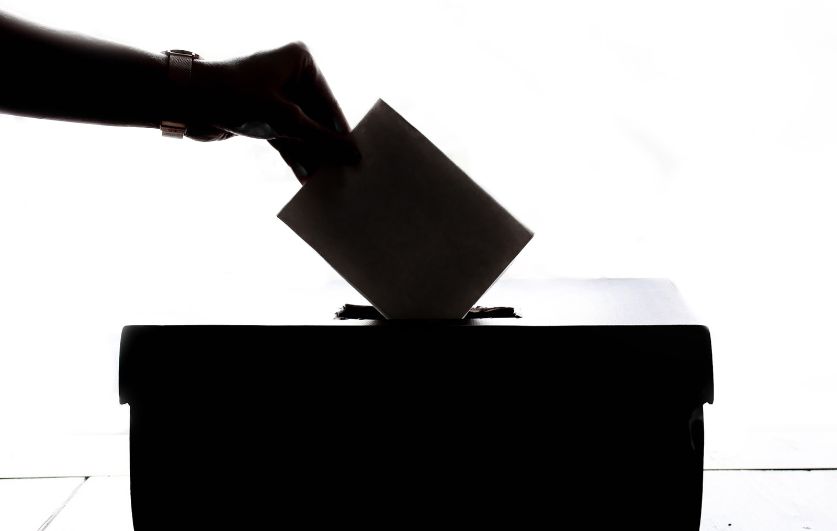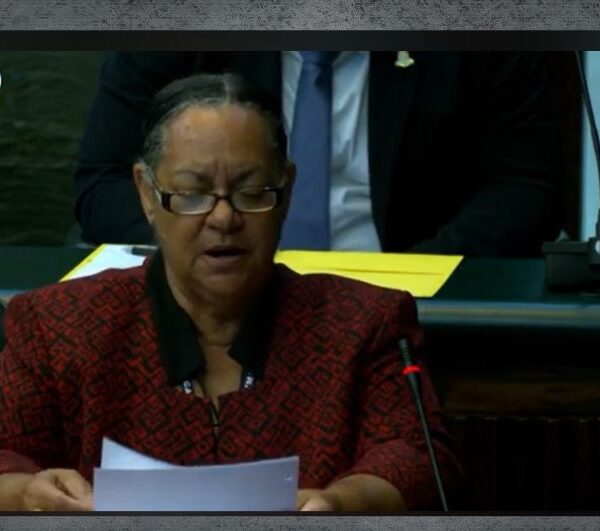
|
Getting your Trinity Audio player ready...
|
By Alric Lindsay
Notwithstanding the generally smooth operation of Cayman’s general elections to date, some improvements could be made to the Elections Act this year to enhance the independence of the Elections Office, remove any potential conflicts of interest or interferences at polling stations and increase the number of voters eligible to vote.
Enhancing the independence of the elections office
When it comes to independence, the Elections Act says that “The Governor shall, in the Governor’s discretion, appoint a person who holds a senior office in the public service or formerly held a senior office in the public service to be Supervisor of Elections and the Supervisor shall — (a) exercise general direction and supervision over the administrative conduct of elections and enforce on the part of all election officers, fairness, impartiality and compliance with this Act.”
According to the Elections Act, a “senior office in the public service includes a head of department or head of a statutory authority or government company or the deputy head of a department, statutory authority or government company.”
In the current setup, a senior public service official has routinely been appointed Supervisor of Elections for each election date. This means that someone employed under the current Government regime holds this position.
However, global advancements in governance practices suggest that amending the Elections Act could strengthen the overall governance framework. For example, instead of appointing an existing senior office holder in the public service as Supervisor of Elections, it may be better to have a member of the Electoral Boundary Commission take on this role. For instance, Dr. Steve McField, with his extensive knowledge of the Cayman constitution and the Elections Act, could serve as Supervisor of Elections. This same approach could be applied to Deputy Supervisors. That is, the amendment to the Elections Act would be to do away with the ability to appoint an existing senior office holder in the public service as Supervisor of Elections.
Removing conflicts of interest and interferences at polling stations
In addition to potentially placing members of the Electoral Boundary Commission in charge of the Elections Office, the voting process could be enhanced by prohibiting candidates from hanging around polling stations while voters are casting their votes.
The existing roadblock to this is that the Elections Act currently states that candidates “shall be permitted to remain in the polling station during the time the poll remains open.”
Although the Elections Act stipulates a time limit for a candidate’s presence at a polling station by stating that “no candidate and that person’s agent or two agents of the same candidate shall be in the same polling station at the same time for more than fifteen consecutive minutes,” this is insufficient because the candidate can theoretically remain at the polling station all day with short breaks.
The issue with this is that the mere presence of a candidate can potentially influence voters lined up to cast their vote.
Instead of allowing this practice to continue, the Elections Act ought to be amended to disallow candidates from “hanging around” polling stations and, instead, require candidates to cast their votes early and not return to the polling station until voting is complete.
Changing the voter registration date to increase the number of voters
Another potential enhancement to the voting process is the ability to allow eligible persons to register to vote closer to a general election date. This would be more equitable than the current process.
Regarding what exists now, the Elections Act states:
Every person who is qualified to be registered as an elector for an electoral district and who wishes to have that person’s name placed on the Register of Electors shall, unless registered in the current register for that electoral district, on or before the registration date, apply in Form 4 to the registering officer for that electoral district to have that person’s name entered in the register for the following quarter.
The Elections Act explained further:
“registration date” means the first day of January, April, July or October, as the case may be, next occurring after the coming into force of the last previous Register of Electors or such other date as the Governor may, by Notice published in the Gazette, appoint.
If an eligible person misses the registration date, then they may not be included in the revised list of electors for the next quarter, which shows that persons are entitled to vote.
If the Elections Act is amended to define the voter registration date as a date closer to an election date, this will allow more eligible persons to register to vote and participate in the voting process.
Since applications are permitted to be done electronically under section 11(1A) of the Elections Act, registration could be completed on a timely basis for the relevant election date, assuming that the eligible person submits all required documentation.
Summary
The global trend towards improving governance frameworks highlights the need for greater independence and the avoidance of potential conflicts.
Therefore, the Legislature is encouraged to consider amending the Elections Act to require that the Supervisor of Elections be independent of the existing Government. Candidates for this role could be selected from the members of the Electoral Boundary Commission.
Additionally, the Legislature is encouraged to amend the Elections Act to prevent political candidates from being present at polling stations. Candidates should cast their votes early on election day and should not be allowed to re-enter the polling station. This measure would alleviate any pressure that voters may feel in the presence of candidates while waiting in line to vote.
Lastly, the Legislature is encouraged to consider amending the Elections Act to change the registration date to increase the number of eligible voters on election day. Failure to do so could result in the disenfranchisement of many individuals.







